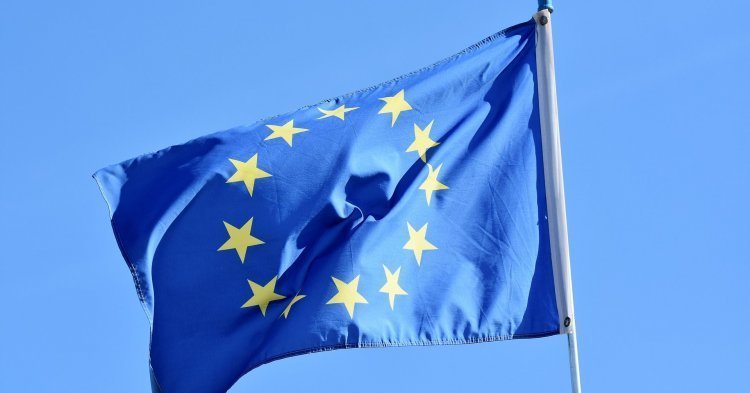From 31 May to 3 June, the German-French Young Leaders event took place in Paris, aiming for exchange and sharing of ideas on Europe and its political construction in a changing world. Around a hundred French and German participants, from all professional backgrounds, participated in thematic roundtable discussions. An occasion to develop a common vision on the European project, but also to discover new perspectives on analysing European integration.
Democracy in Europe, and its worrying state, naturally occupied a central position in the debates. It is a truism that representative democracy is in crisis. Even so, should we give in to the malicious sirens of populism or “illiberal” democracy? History is a cycle; the 1930s, that Freudian spectre, are not entirely forgotten and might come back to haunt our societies. Nevertheless, there are noteworthy differences between today and the interwar period, as states and European organisations are much more stable today.
Giving citizens a real role in democratic life
The theme of German-French Young Leaders 2018, “European idea(l)s in a changing world”, placed great emphasis on democracy, notably through the roundtable organised with the Bertelsmann foundation, one of Germany’s best-known think tanks. Dominik Hierlemann, the speaker, presented the concept of deliberative democracy which is believed to be a solution for countering the lack of citizen trust towards institutions.
The principle is simple: it is about including as many citizens as possible in a discussion to formulate proposals for a better society. Inclusion and the search for a consensus are at the heart of the method, as the cleavage between the well-off and the politically engaged on the one hand, and increasingly disenchanted people living in more deprived neighbourhoods on the other hand, is deepening. This is how deliberative democracy differs from direct democracy, straightjacketed by the referendum and the binary yes–no divide, and from representative democracy where debate is increasingly taking the form of aggressive confrontation.
How to apply this concretely at the local and at the European levels?
Some European countries have already experimented with deliberative democracy, at the local but also at the national level. The Irish example is particularly interesting because deliberative democracy has in this country proved its efficiency when combined with other forms of decision-making. In 2016, the new Prime Minister Leo Varadkar promised to establish a Citizens’ Assembly to prepare a report on the possible changes to the Eighth Amendment of the Constitution, dealing with abortion. The assembly recommended the legalisation of abortion, a position decisively accepted by the public at the referendum held on 25 May.
The Irish referendum was the end of a process begun two years earlier, demonstrating a successful synergy between deliberative democracy (the Citizens’ Assembly gathering together a large panel from the civil society), representative democracy (Leo Varadkar’s decision to organise a referendum), and finally direct democracy (the referendum itself and the final result). Could this mix work elsewhere? Without a doubt.
Citizen consultations, an attempt to respond to citizens’ need for self-expression
Citizen consultations, Emmanuel Macron’s flagship promise for his European policy, represent an attempt to apply the principles of deliberative democracy at the European level. The upcoming months will tell if this initiative has borne fruit. Nonetheless, there still remain open questions. Deliberative democracy could never work by itself, as the institutions won’t transform into gigantic ecclesiae. What place should this form of democracy take within an already existing system? Moreover, how to involve all kinds of citizens, and not always the same ones?



Follow the comments: |
|
